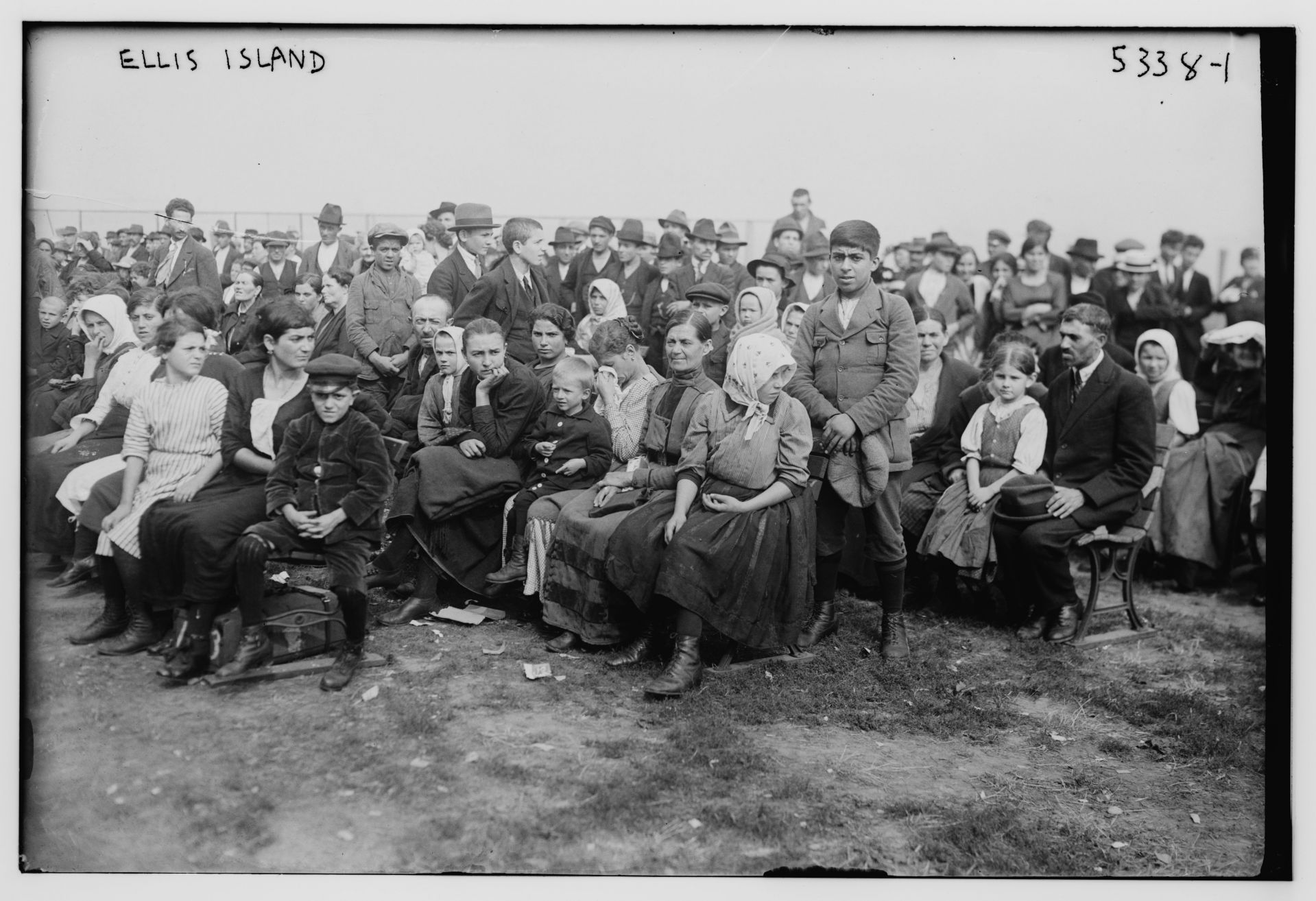
Scheduled months ago, U.S. Sen. Susan Collins’ talk at Bates came just hours after Donald Trump’s victory speech and Hillary Clinton’s concession. Talk about timing.
Maine’s senior senator, Republican Collins spoke on Nov. 9 about post-election unity and gave advice to Clinton supporters who now feel isolated.
She spoke of the glass ceiling for women seeking executive office in politics. And she talked about a lesson in courage she learned from the Watergate era.
Collins was interviewed by Maine state Rep. Peggy Rotundo, D-Lewiston, who is director of strategic and policy initiatives with the Harward Center for Community Partnerships at Bates. Held in the Olin Arts Center Concert Hall, the talk was part of the Purposeful Work Unplugged speaker series.
Post-election unity
After listening to Trump’s and Clinton’s post-election speeches, Collins said, “What I was struck by is how each of them stressed the need to unify our country.”
Get involved
Getting involved is an antidote for anyone feeling isolated after their candidate lost the 2016 election. You should “not feel alienated from our country,” Collins said.
Debate without rancor
Students can help elevate the quality of political debate, said Collins.
Glass ceiling in politics
Recalling a story from her unsuccessful run for Maine governor in 1994, when a man told her he couldn’t imagine a woman as governor, Collins says there still is a glass ceiling in politics today.
Self-doubt among aspiring women politicians
In her experience recruiting women and men to run for elected office, Collins says that women invariably harbor doubts about their readiness. Men never do.
Overcoming setbacks defines who you are
How you deal with setbacks in life, Collins said, “shapes how people perceive you” and sets the stage for opportunities later.
Taking a risk means no regrets later
In deciding to run for U.S. Senate in 1996 after losing a three-way election for governor in 1994, Collins said she didn’t want to look back someday with regrets.
The last compromiser?
Collins, often rated as the most bipartisan U.S. senator, believes both parties “can have good ideas.”
Problem with primaries
Primaries tend to create polarizing candidates, Collins said, because many moderates aren’t enrolled in parties.
Women and collaboration
There are exceptions, but Collins believes that women in Congress tend to be more collaborative than men.
What unites women in the Senate
Collins offers an idea of what might unite the 22 women in the U.S. Senate. And it’s not ideology.
Lesson from Watergate
In college, Collins worked for then-U.S. Rep. Bill Cohen during the summer of the Watergate crisis. From Cohen, a Maine Republican who would go on to become senator and secretary of defense, Collins learned a valuable life lesson.
Picking potatoes
When she was growing up in Caribou, Maine, a defining moment of community-building came during the potato harvest.
Advising her past self
Collins offers advice that she would have given to her college-age self.
Public service
Lessons in public service came from her family, said Collins.




